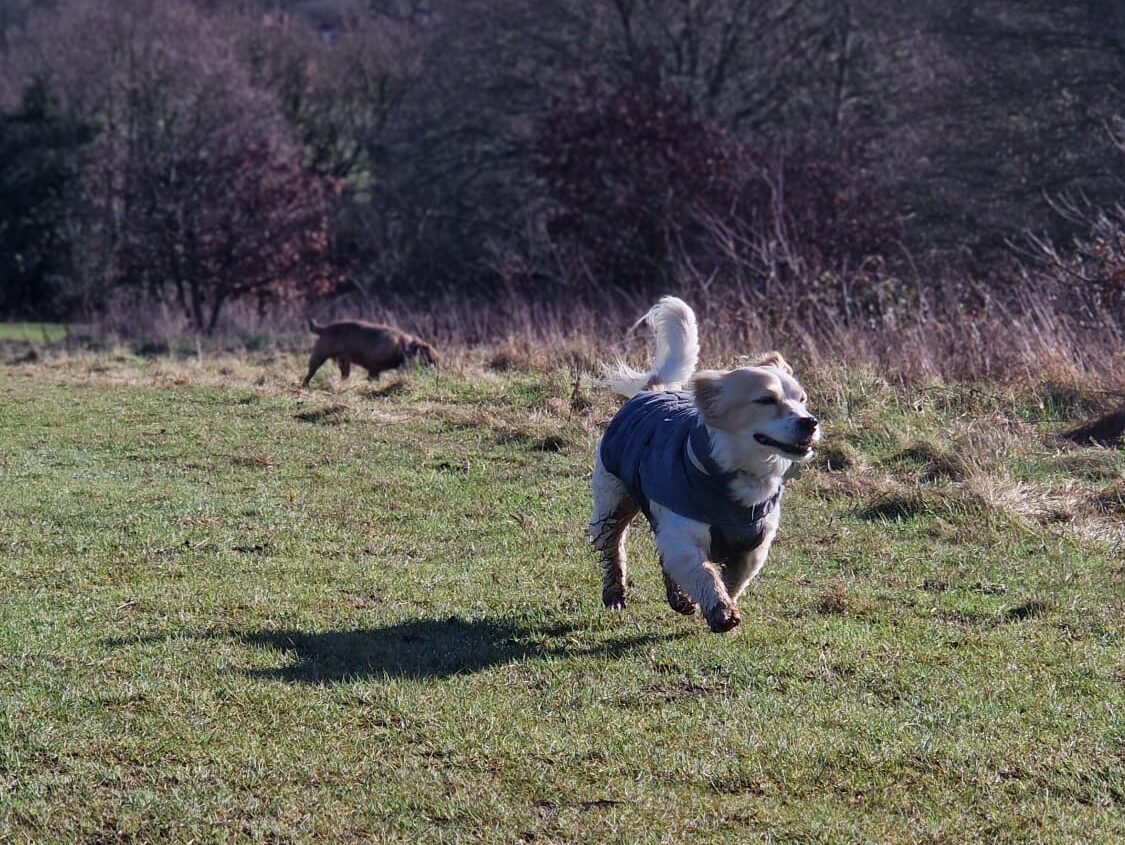Socialisation is a crucial aspect of a puppy’s development, shaping their behaviour and ensuring they grow into well-rounded dogs. Here are our five essential tips for effective socialisation.
1. Introduce your pup to new environments early on
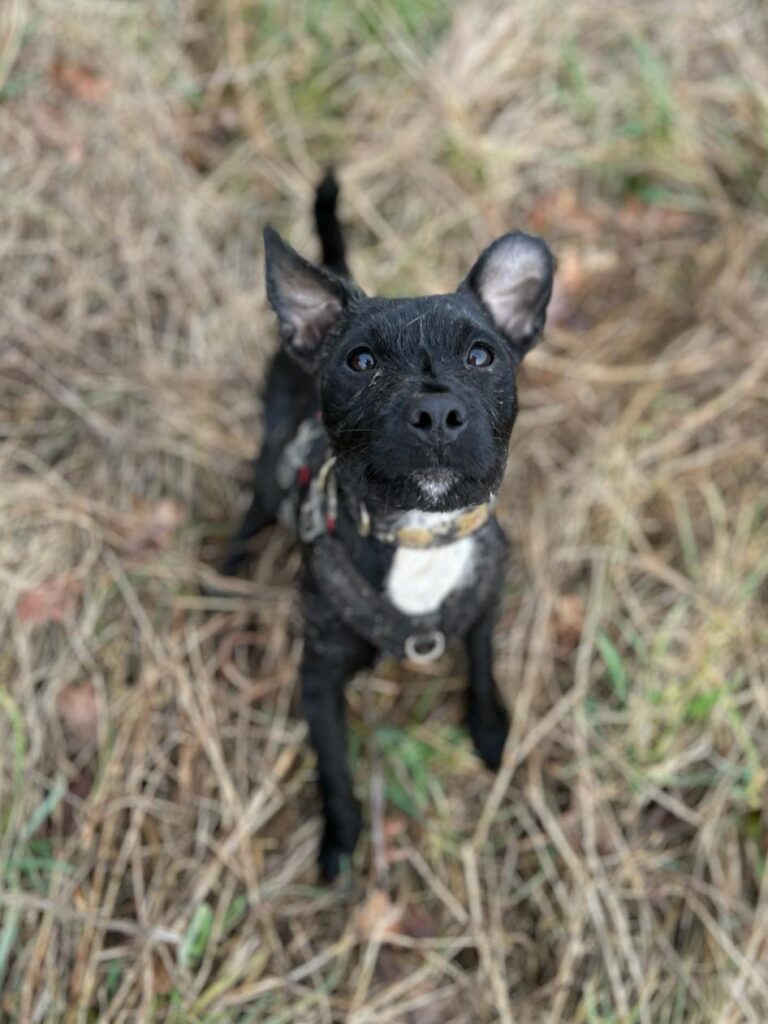
Firstly, early exposure to various environments is key. Introduce your pup to different sights, sounds, and smells from an early age. This helps puppies build confidence and reduce fear or anxiety towards unfamiliar situations. Through positive experiences with different stimuli, your pup will become comfortable in new situations as they grow older.
Find out more here
2. Positive encounters with other animals are key
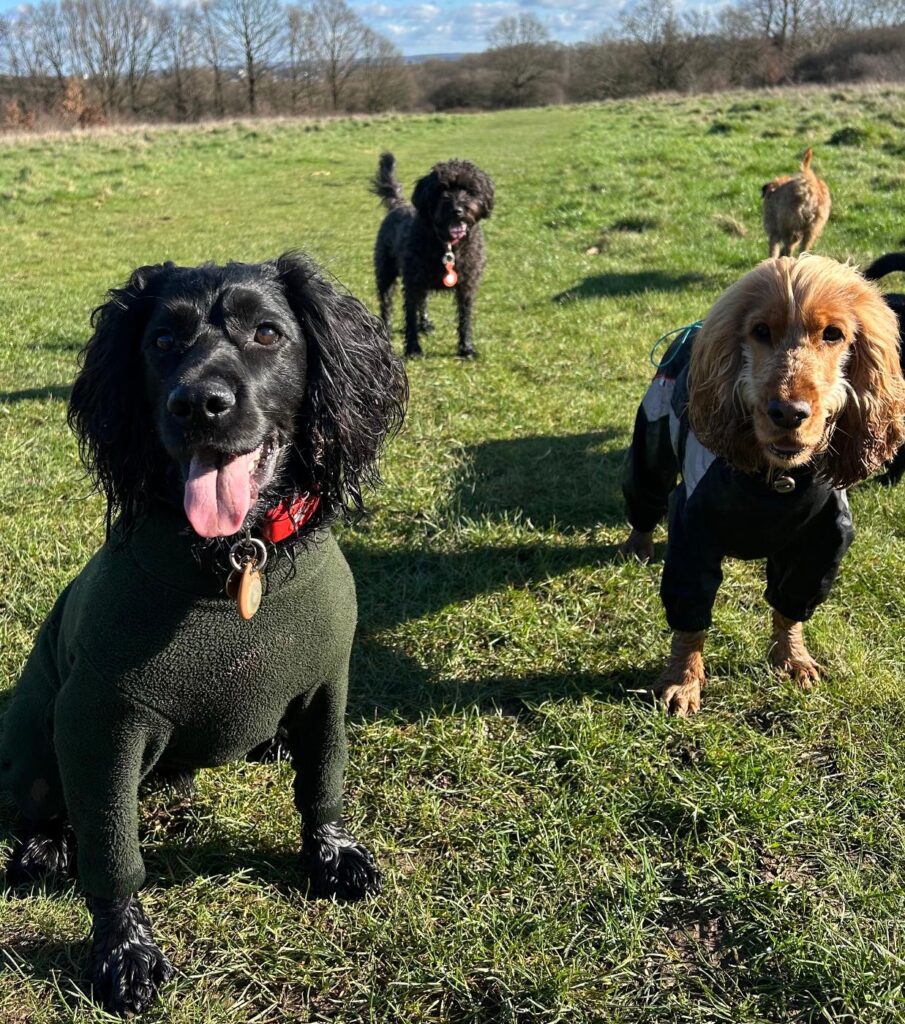
Secondly, encourage positive interactions with other dogs and animals. Organise playdates or enrol them in puppy classes or group walks, where they can learn appropriate social skills and build confidence around their peers. They will learn how to play gently with other dogs and respect boundaries. This not only enhances their ability to form healthy relationships but also prevents aggression or dominance problems in adulthood.
Find out more here
3. Positive encounters with other humans are also key
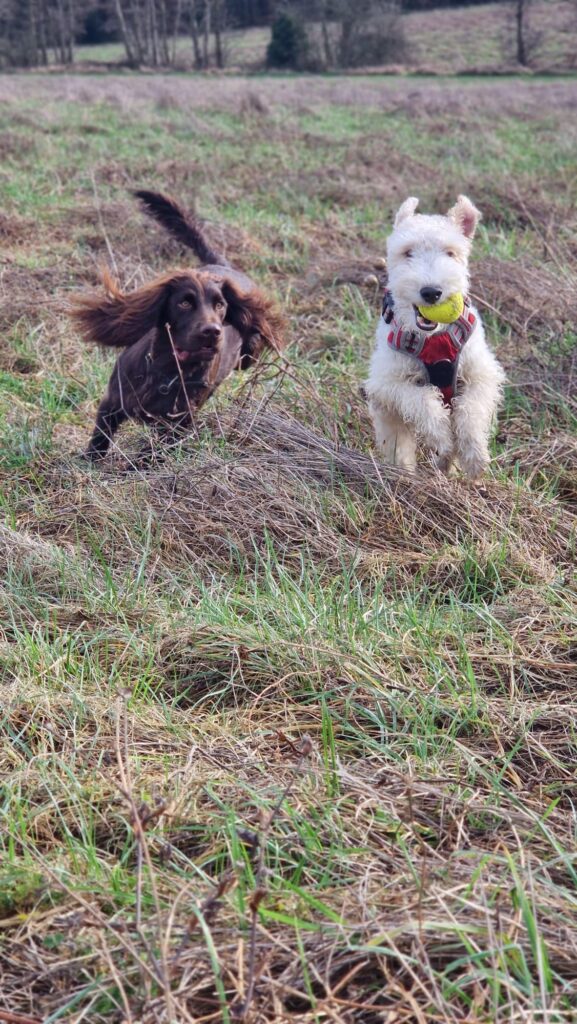
Expose your pup to different types of people. Encourage friendly encounters with children, adults, and individuals wearing hats or uniforms. This will help prevent fear or aggression towards unfamiliar faces later on, as well as giving your puppy tools to handle going to the dreaded vet!
Find out more here
4. Reward good behaviour
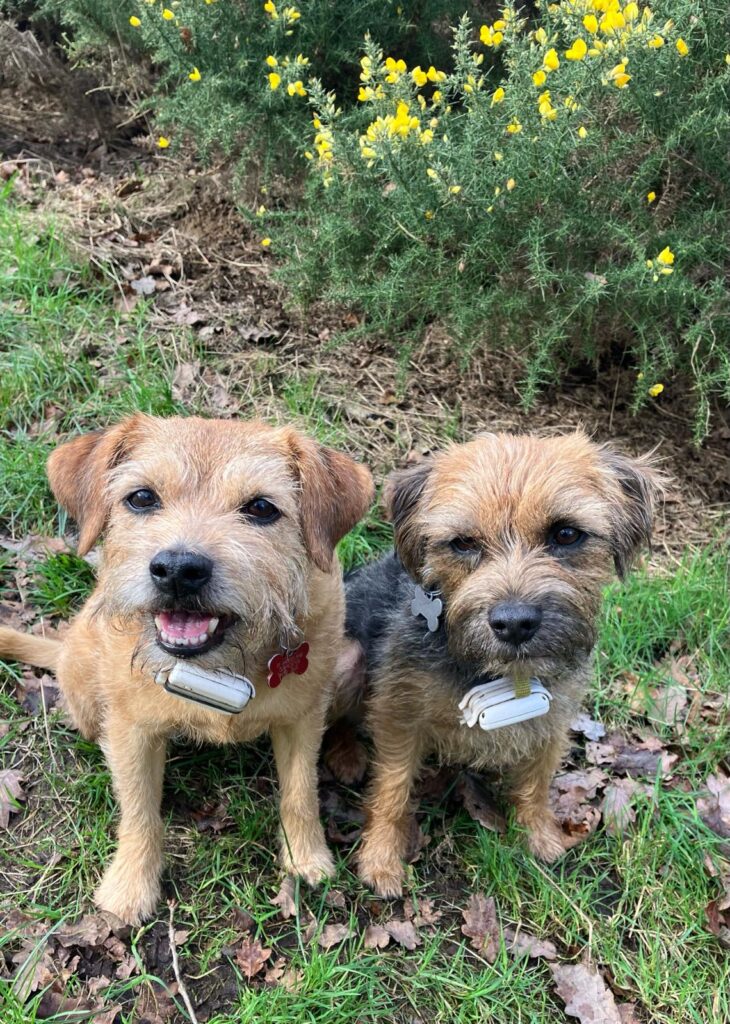
Reward good behaviour during socialisation experiences. Praise and treats can reinforce positive associations with new environments or interactions. Instead of resorting to punishment or harsh methods – both of which can cause fear or anxiety in puppies – focusing on rewards creates a happy atmosphere where learning becomes enjoyable for both parties involved.
Find out more here
5. Be consistent (and patient)!
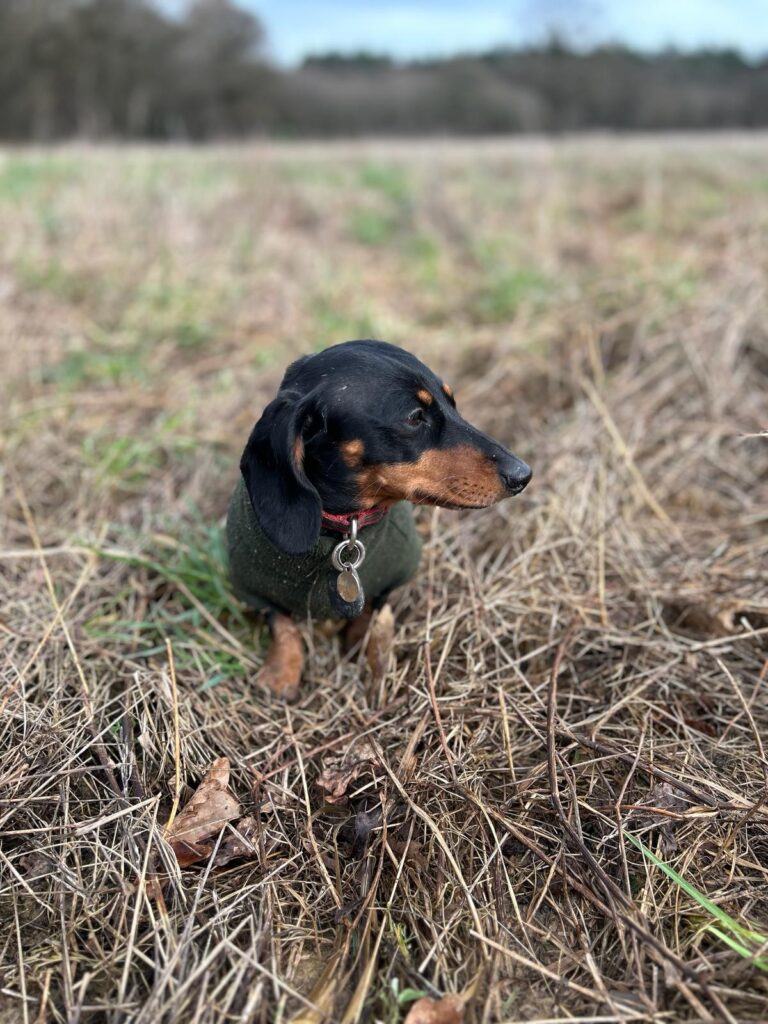
Lastly, be patient and consistent throughout the process. Socialisation takes time and effort but is vital for a well-adjusted adult dog. It takes time for puppies to understand commands and develop good habits. Rushing the process can lead to confusion and frustration for both the owner and the pup. Consistency is equally important as it reinforces what has been taught. By consistently using the same commands and techniques, your puppy learns faster and will become much more likely to listen when you try to recall them from someone far more interesting than you!
Find out more here
